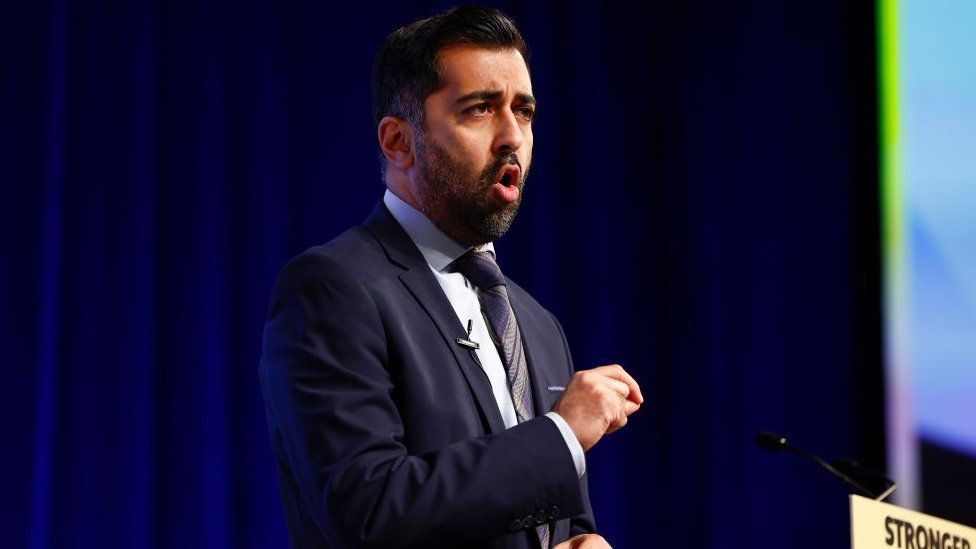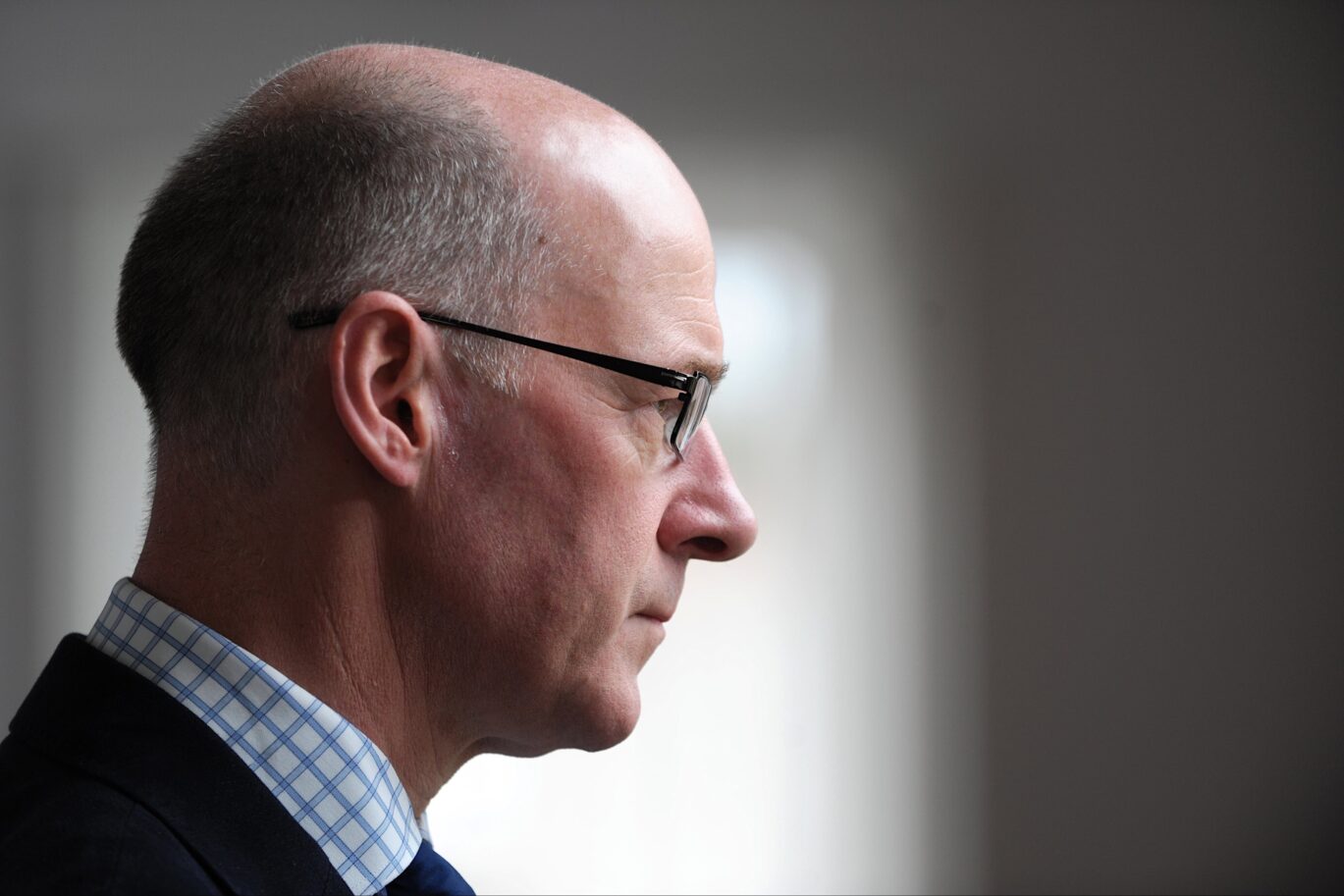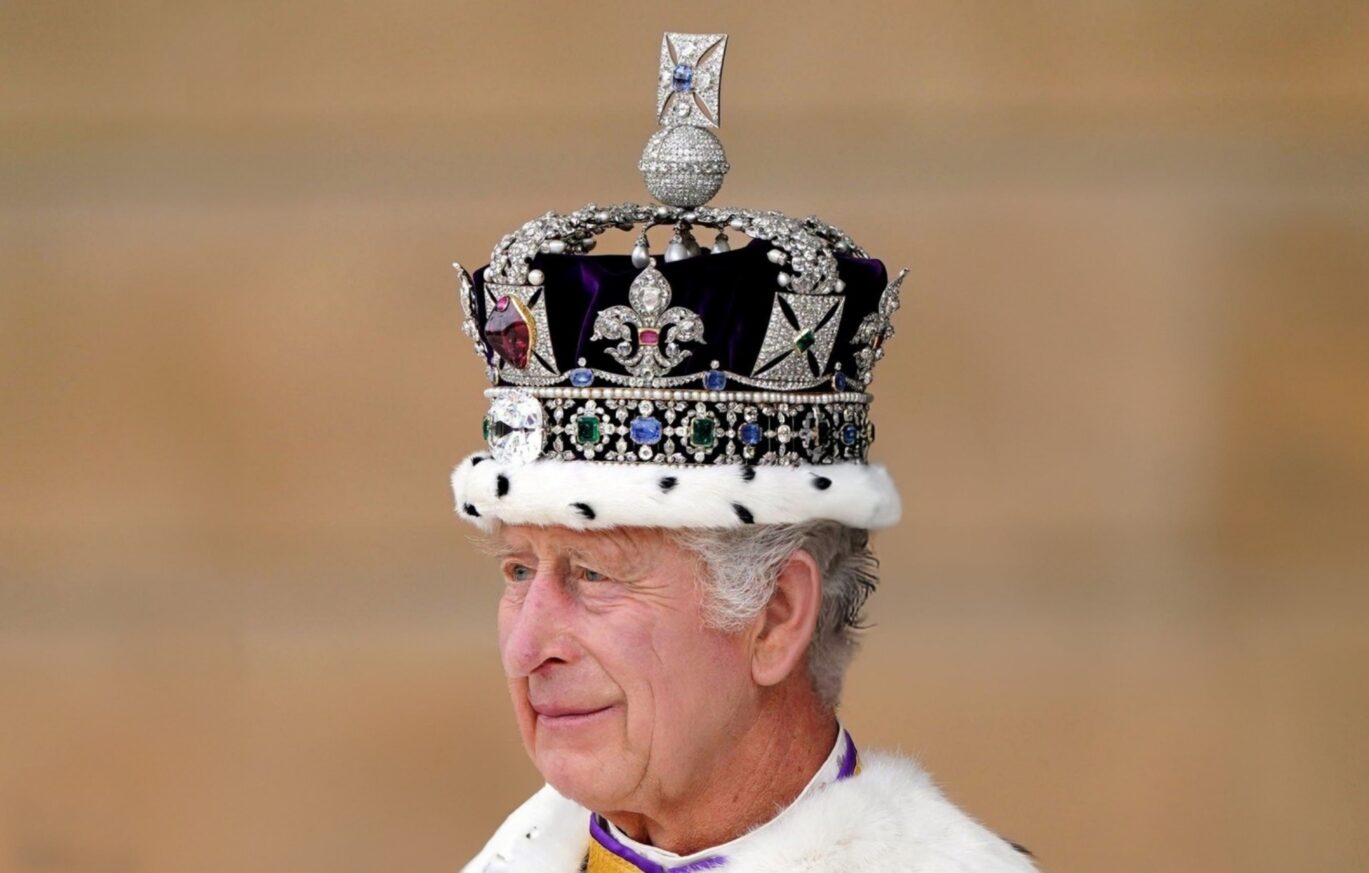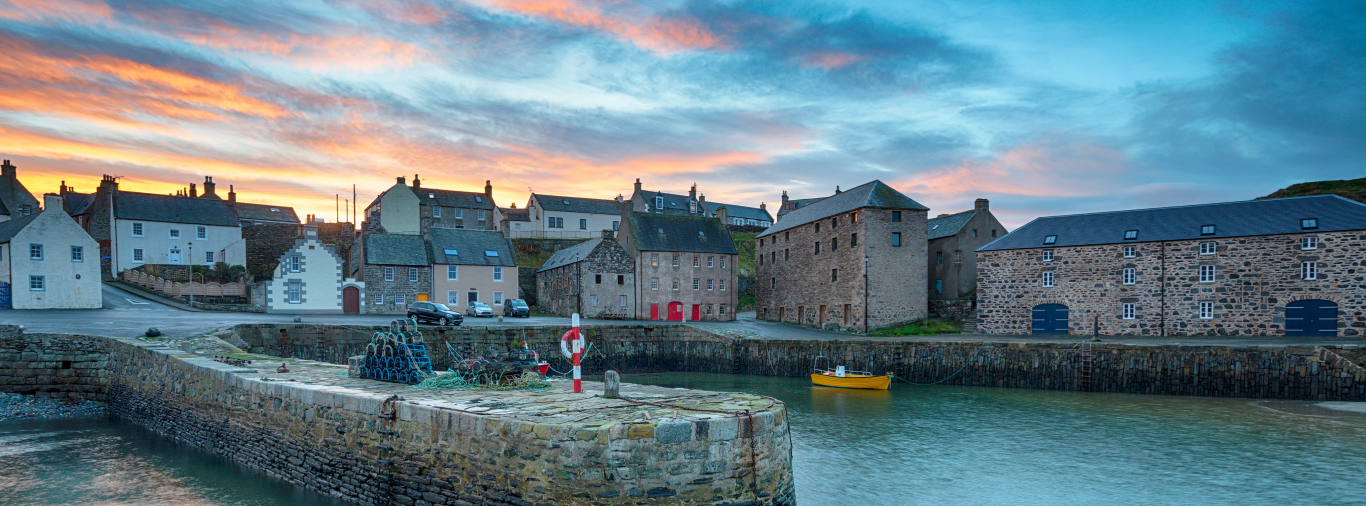Humza Yousaf did not have his troubles to seek ahead of his first SNP Conference as party leader, with a comprehensive and bruising by-election defeat to Labour in the marginal seat of Rutherglen and Hamilton West the week before last, and the defection of a sitting MP to the Conservatives in recent days.
Those woes have, however, been overshadowed by the unimaginably difficult personal circumstances he’s faced over the last ten days with close family members trapped in Gaza. Under such pressure he’s looked more statesman-like than at any point in his leadership to date, displaying a measured and mature response to complex geopolitical realities, insisting on humanitarian principles, and urging the international community to prioritise the protection of civilians. In doing so with empathy and grace, he’s revealed far more depth and substance than has been previously evident.
To some extent the unfolding catastrophe in the Middle East has put Yousaf’s significant domestic challenges into perspective, but they loom large nevertheless. The routing at Rutherglen and Hamilton West seems to have provided a wake-up call for the SNP to reconnect with independence supporters who have lost patience with the pace and direction of travel at Holyrood, not just on constitutional issues, but across a wider range of social and economic policy areas.
Yousaf’s address to the party faithful sought to bank the credit for progressive social policy initiatives like child payments and increased nursery entitlement whilst attempting to reclaim more of the political centre ground, with the announcement of more money to tackle NHS waiting lists and a Council Tax freeze next year. That ‘squeezed middle’ is where next year’s UK election will be won or lost, in Scotland and elsewhere.
The decision to freeze Council Tax will not be without political consequences though, especially for local authorities struggling to maintain public services on budgets ravaged by soaring inflation over the last couple of years. The Verity House Agreement, the deal agreed between the Scottish Government and COSLA just a few short months ago, now looks very shoogly indeed, but Yousaf’s assessment must be that that more financial pressure on stretched middle-income household budgets isn’t going to wash in a year when many will have had to contend with steep mortgage cost increases and are bracing themselves for winter energy bills.
Yousaf also sent positive signals that he is serious about growing Scotland’s economy, working more closely with the private sector and making Scotland more attractive to investors. The commitment of £500 million to anchor investment in the renewable energy supply chain is not insubstantial if it can be used to leverage wider investment and future-proof infrastructure, and will be especially welcomed in those parts of Scotland which have most to lose and most to gain in the energy transition.
This bolder approach on the economy and focus on the political centre ground is a clear attempt to reorient the SNP ahead of next year’s General Election. The party will have to hope that the shift in focus is enough to avert widespread losses and is not seen as too little too late by a jaded electorate.









